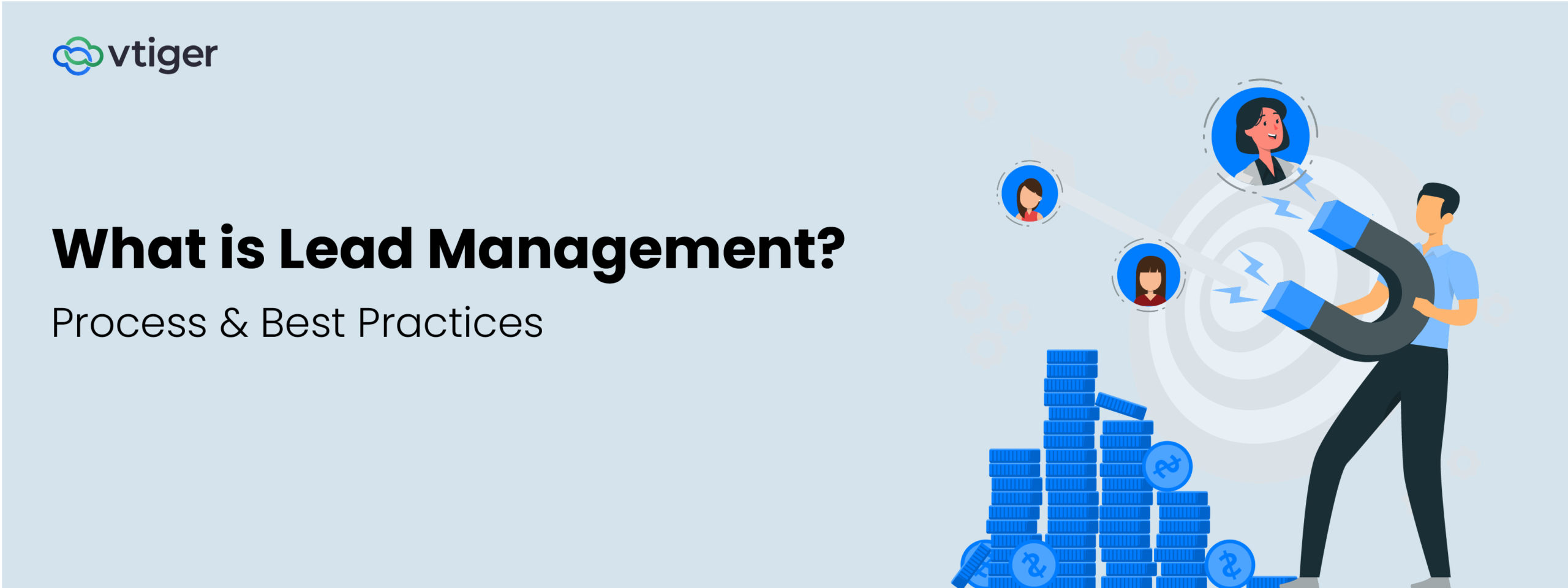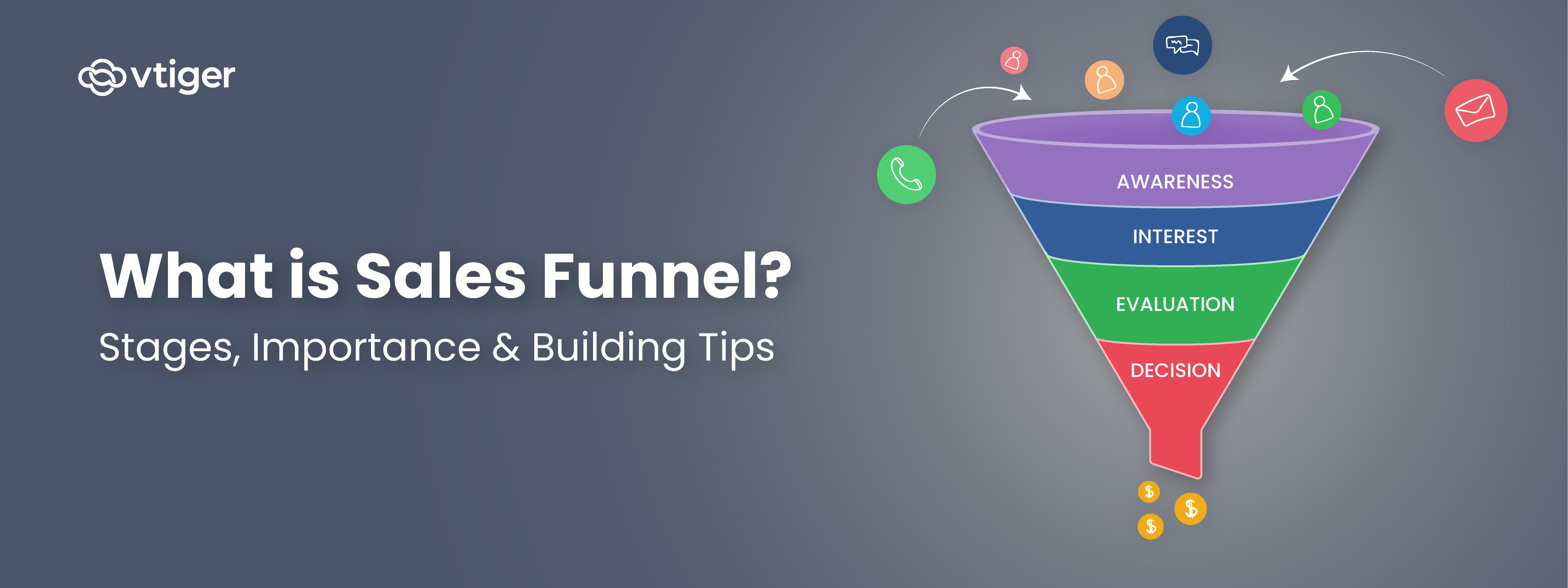Search engine optimization (SEO) is a powerful marketing tool that many companies overlook when first creating their website and content. An ideal scenario for many companies would be to have an automated lead generation system. Well, one of the primary methods for lead generation is through organic website traffic through SEO. Having a prospect look through your website, interact with your white pages, or even reach out directly for more information are all excellent talking points for progressing the sale. Having a user click on your website from a Google search shows genuine interest and a belief that your service or product could be the solution they are looking for.
Search Engine Optimization helps increase the organic traffic you receive and creates more responsive leads. The State of Inbound Marketing, a report generated by Hubspot has two meaningful statistics listed that that help solidify the importance of Search Engine Optimization:
- SEO leads have a 14.6% close rate, while outbound sourced leads have a 1.7% close rate.
- Leads from inbound links (referrals) are five times more likely to become customers than outbound leads.
The report offers many additional insights into inbound marketing. I recommend reading through the full report when you have the time. Hopefully, you are now eager to dive into Search Engine Optimization and I have four main starting points for you to focus on.
1. Content
Content has become the king of Search Engine Optimization. It is now necessary to create unique, engaging, and curated content for your website. This starts with the landing pages. Both the number of landing pages and the content of each can have an effect on the SEO for your website. You want to make sure that you have enough landing pages for the content required for your business without duplicating the content between landing pages.
I know it is tempting to start creating a vast number of landing pages, but this will create issues with visibility. It is unlikely for search engines to show similar or identical landing pages. The search engine chooses only one of the duplicate landing pages when a search takes place.
For the content itself, you will want to focus on one primary factor, meaningful content. The content you compose should all be focused on the value or solution offered to the viewer.
Here are a few examples of unique landing pages:
- The About Page: This is a concise summary of your company’s history and value statement. This allows a lead to quickly understand your company and the value they can gain.
- The Home Page: This will be the first page many viewers will see coming to your website. Add meaningful graphics, links, and short descriptions of your company and product. This will serve to draw the readers’ interest and progress further into your website.
- The Products and Solutions pages: These will be the majority of your website and will detail the features, benefits, and different varieties of products or solutions you offer.
There are many different pages you could create. The landing pages can differ based on the product you are offering and the industry you are selling into. Like all marketing content, it is important to understand your demographic when creating your website content.
2. Keywords
Keywords are a notoriously difficult aspect of SEO to configure. It can often seem like a game of constant A/B testing until finding Keywords that have the greatest impact on your organic traffic.
I recommend carefully selecting keywords for your content. Don’t leave them out entirely, but don’t stuff your content full of keywords either. It is essential to curate the keywords being used to maximize your SEO. A good way to avoid keyword stuffing is by using keyword synonyms and secondary keywords rather than using the same keywords over and over again.
Suppose you are writing a blog post on cooking a pizza from scratch. You will want to have pizza as one of the keywords, but the others should be related concepts or products such as dough, cooking, how-to, and pizzeria. The keywords should all be related to the topic at hand and aimed at the correct demographic. Arguably, the keywords I used as examples may not be the best options. You also will want to research the popularity of the keywords you have chosen. Those that are commonly searched for will end up having a lot of competing web pages vying for the top spot of the search engine.
3. Backlinks
Backlinks are another integral component of SEO. Backlinks are links to your website and published content that has come from other websites, whether that is from community forums or professional blogs.
Backlinks are heavily reliant on both your keyword use and the content you create. To gain backlinks you need strong brand recognition, popularity, and value. You will also need content that is easy to navigate, read, and is highly referenceable.
When first starting out you may not have the brand recognition and content to gain backlinks. In this case, you will want to participate in community forums and other platforms for discussion such as Quora. You can also post articles on Medium. These marketing methods will help you reach a broader audience and offer a natural approach to build and share backlinks to your website.
4. Google Search Updates
Google has an algorithm they created to handle how content is shown to a user upon a search. The algorithm is constantly being modified officially and unofficially. These changes are often minor, but they can affect the keywords that give the best results, the parameters for what qualifies as a reputable backlink, and can even change what type of content is given priority when searching. If you are wanting to take an active role in maximizing your SEO, you will need to stay up to date on changes happening with the Google algorithm.
In general, as long as you have created a meaningful user experience for your website these changes will not affect your SEO. Even so, you will want to keep an active eye on the Google Search Console and your Google Analytics. If you notice a drop in traffic, it may be time to check what has changed with the algorithm and make adjustments as needed.
I will be recommending Moz as a resource. They have a thorough list of all Google algorithm updates from 2000 to the Present.
Moz also has a full Beginner’s Guide to SEO that I have found to be extremely helpful in continuing my education in SEO.
Now that you have a good foundation set, I recommend beginning to work on SEO for your website. Start testing out keywords and optimizing your landing pages. You will be surprised that even small changes can have an effect on the organic traffic you receive.



